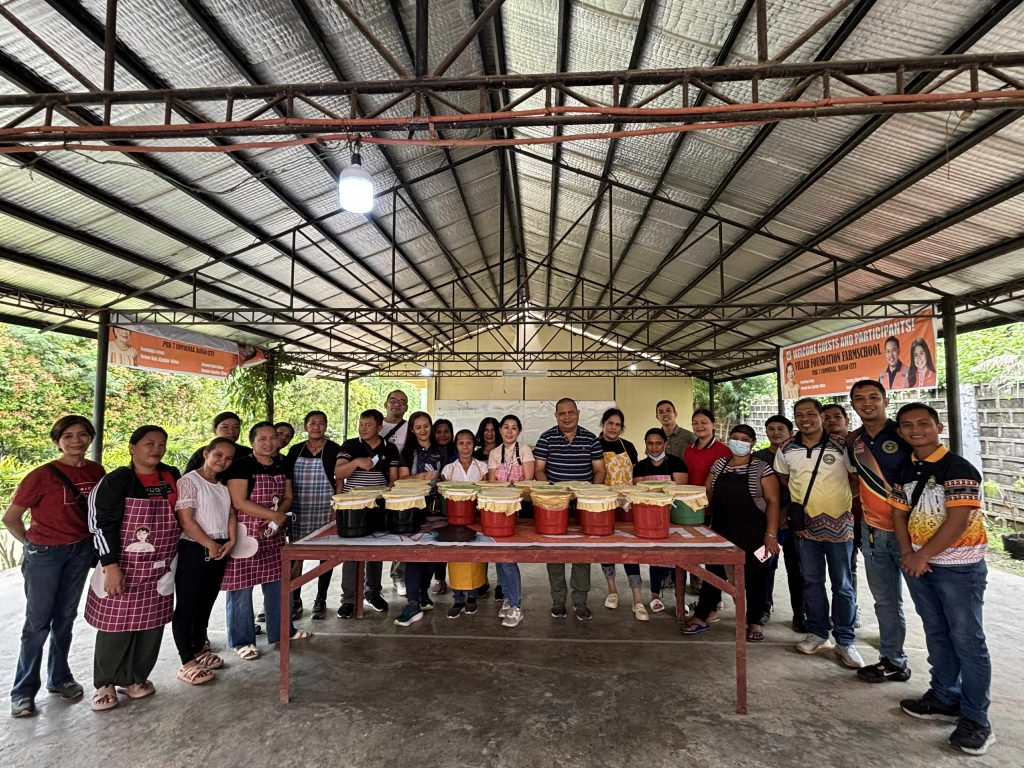The conduct of community-based agricultural training aligns with the broader national agenda of promoting sustainable, inclusive, and climate-resilient development. In support of this mandate, RTC-KPVTC, Davao continues to strengthen its partnerships with local institutions such as the Villar Foundation Farm School (VFFS), Davao, to deliver responsive and practical training programs that empower communities and reinforce environmental stewardship.
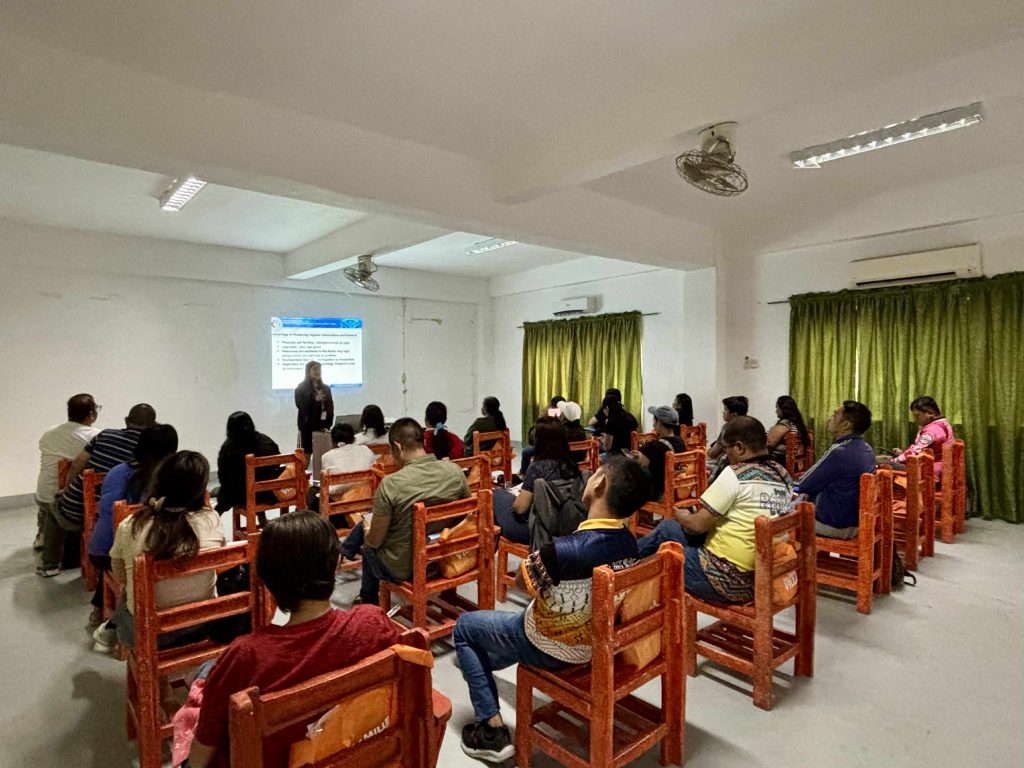
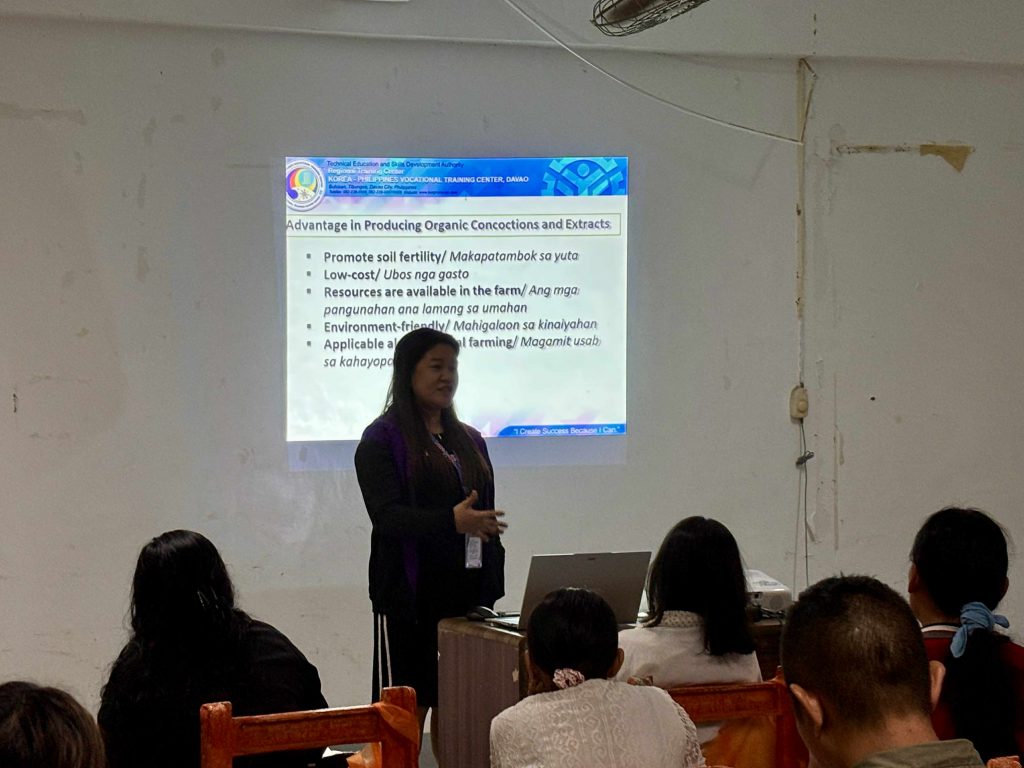
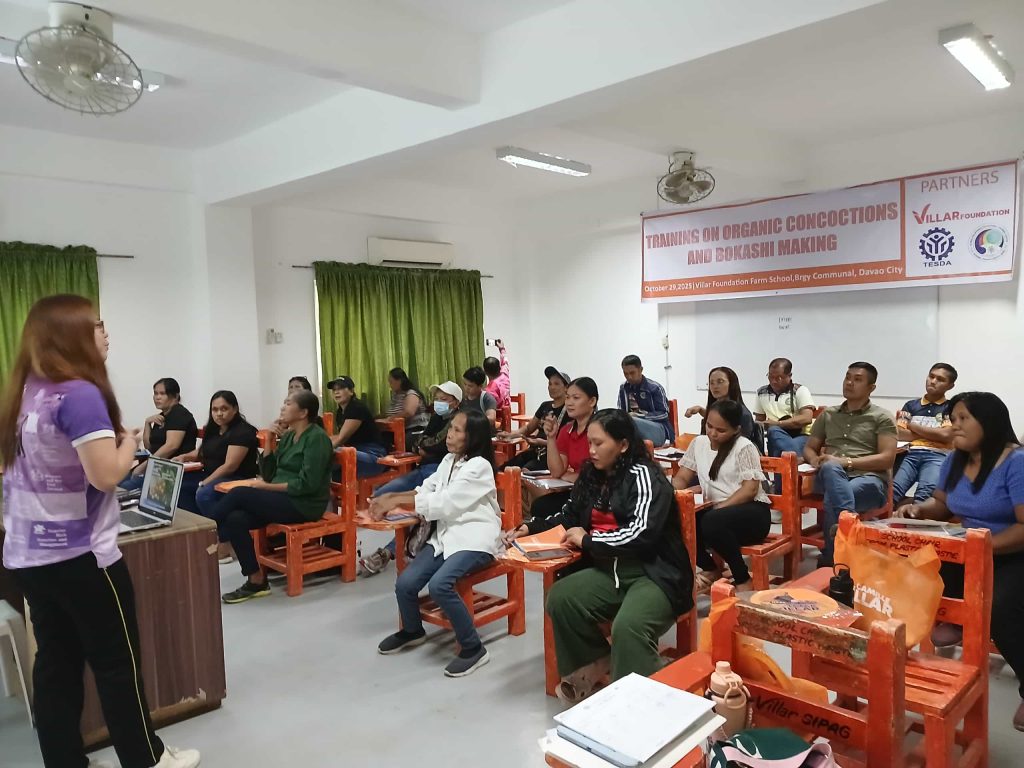
On October 29, 2025, the Regional Training Center–Korea Philippines Vocational Training Center (RTC-KPVTC), Davao, in collaboration with the Villar Foundation Farm School (VFFS), Davao, successfully conducted a free on-site training on Organic Concoction and Bokashi Making. The activity was facilitated by RTC-KPVTC, Davao trainers Engr. Ailyn R. Tejero and Ms. Mary Grace P. Arellano, who led the hands-on sessions and technical discussions. From VFFS, Davao Farm Coordinator Engr. April Jane Batara showed their support for the training by giving participants agriculture-related toolkits.
Held at the VFFS training grounds, the session introduced participants to the preparation and application of natural farming inputs such as fermented plant and fruit juices, fish amino acid, and anaerobic bokashi composting. These methods are essential for improving soil health, reducing chemical dependency, and enhancing farm productivity through sustainable means.
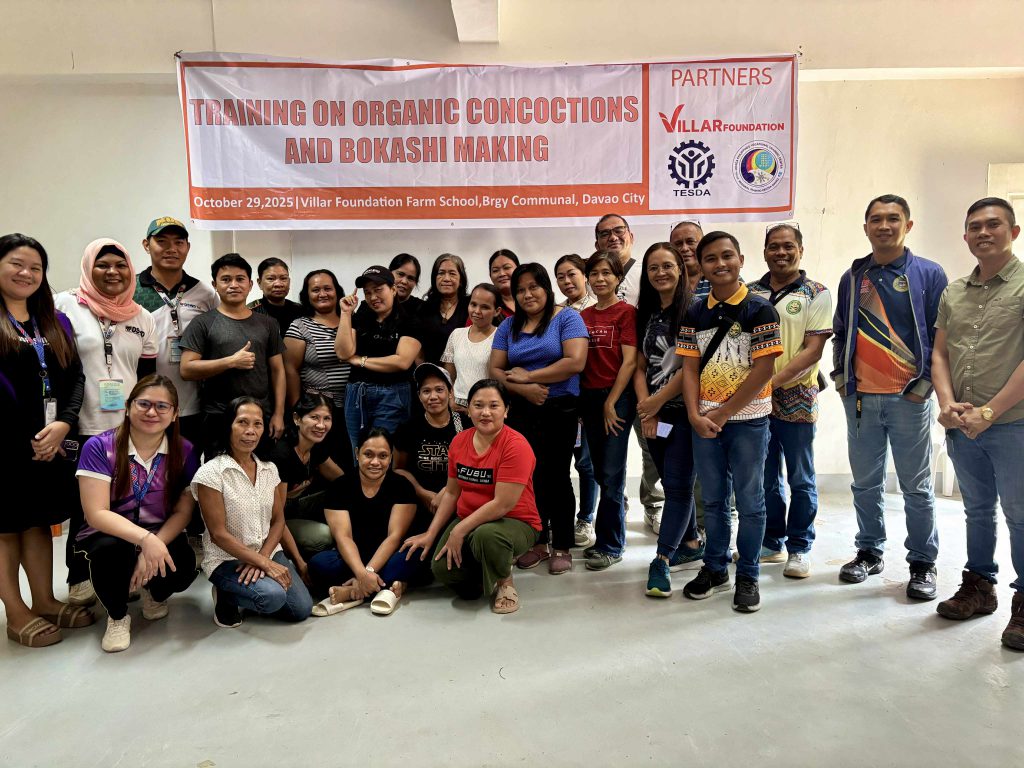
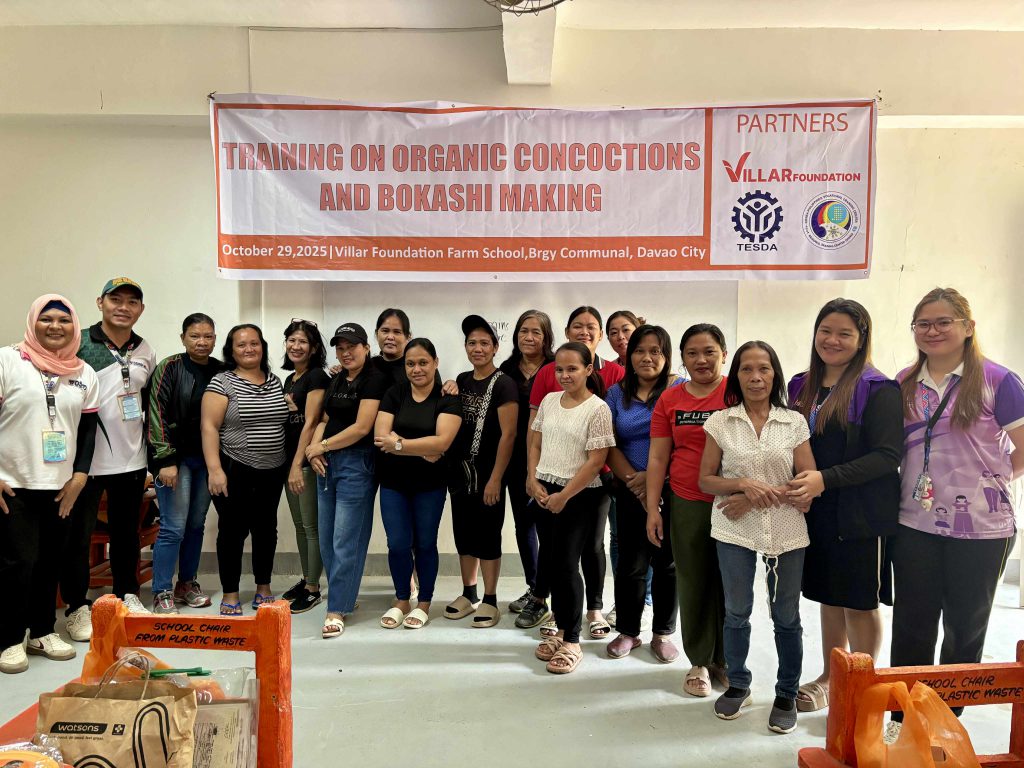
The training was attended by local farmers, teachers, and members of the 4PS group from the Department of Social Welfare and Development (DSWD). All were eager to adopt organic practices in their respective agricultural settings. Through practical demonstrations and guided formulation activities, participants gained firsthand experience in producing cost-effective, eco-friendly inputs that can be integrated into small-scale and community-based farming systems.
This initiative reflects the continued collaboration between TESDA RTC-KPVTC, Davao and VFFS in advancing green skills development and promoting environmental awareness at the grassroots level. It also reinforces TESDA’s commitment to capacitating communities with future-ready competencies that align with the goals of the Philippine Development Plan and the Sustainable Development Goals (SDGs).
By bridging technical instruction with real-world application, the training not only equipped participants with valuable knowledge but also deepened institutional ties between TESDA and its community partners, thus ensuring that the path toward sustainable agriculture remains inclusive, practical, and locally grounded.

